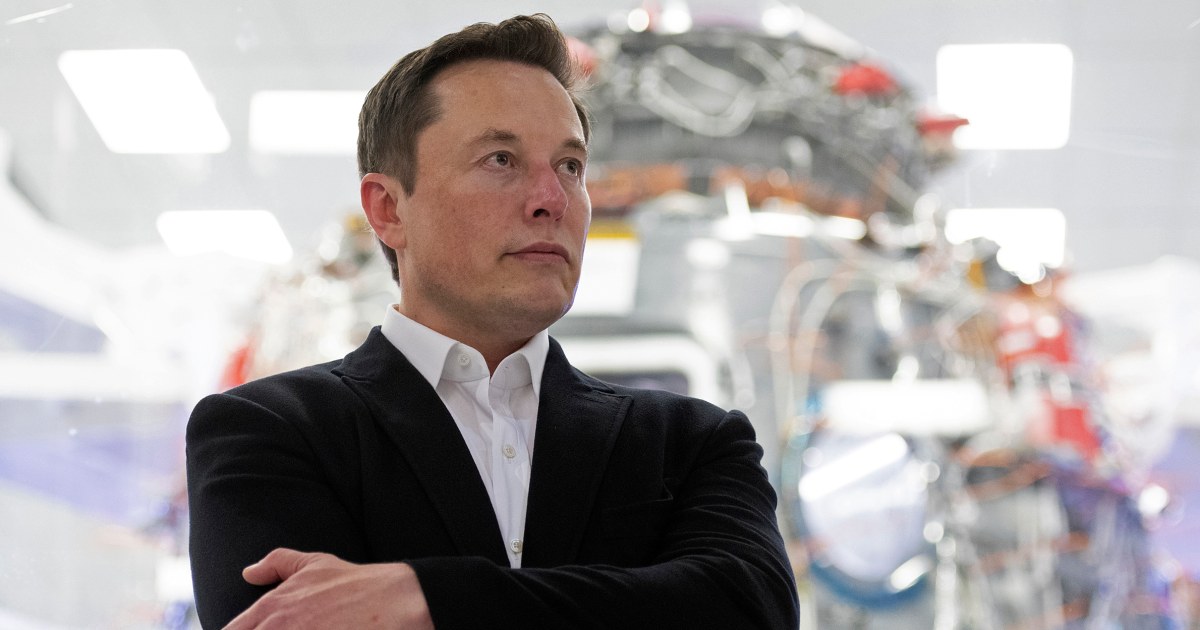
Democratic senators alleged Friday that tech billionaire Elon Musk may have used his White House job to drum up private deals in foreign countries for Starlink, his satellite internet service.
In a letter to President Donald Trump, 13 senators led by Mark Warner, D-Va., wrote that Starlink seemed to make sudden breakthroughs this year in at least five countries that previously resisted giving the company footholds there. The senators called for Trump to investigate and make the findings public.
“It is disturbing that the Senate … has to consider the possibility of self-dealing by senior officials,” they wrote in the letter.
“Musk is reportedly taking advantage of his government role to coerce concessions from foreign governments for his own benefit, including unfettered market access as well as contracts with his companies, in exchange for favorable treatment by the U.S. government,” they wrote.
The White House did not immediately respond to a request for comment. It has said Musk follows all applicable ethics rules related to his dual role as a presidential adviser and corporate executive.
SpaceX and Musk also did not immediately respond to requests for comment.
Starlink is a subsidiary of SpaceX, where Musk is CEO. In a highly unusual move, Musk kept his CEO roles at SpaceX and Tesla while he has been an adviser to Trump and his Department of Government Efficiency since January.
During five weeks beginning in March, Starlink reached agreements with governments and telecommunications companies to operate in India, Pakistan, Bangladesh, Vietnam and Lesotho, according to statements by government officials and companies in those countries.
The Democratic senators wrote that they’re concerned Musk exploited his government position to seal those deals. They noted Musk’s sprawling business interests and his meetings, while in government, with the leaders of some of the countries where Starlink has made new agreements.
In February, Musk spoke with Bangladeshi officials via teleconference, and according to Bangladesh’s interim head of government, Muhammad Yunus, Starlink was a topic of discussion. The same month, Musk met Indian Prime Minister Narendra Modi at Blair House, a government guest house near the White House. It’s not clear whether the two men discussed Starlink during the meeting.
Two Indian companies, Reliance Jio and Bharti Airtel, announced deals March 11 to bring Starlink to India. Bangladesh announced a deal a few weeks later.
The senators also cited news reports, including one this week in The Washington Post, which cited several anonymous sources, outlining how some foreign leaders interpreted the Starlink deals as one way to win special treatment from the Trump administration in tariff negotiations. Yunus mentioned Starlink in a letter to Trump last month outlining steps that he said Bangladesh took to build goodwill for a tariff deal.
And in February, citing anonymous sources, Reuters reported that Vietnam’s plans to let Starlink into the country were motivated by a desire to reach a tariff deal. Vietnam’s government said March 26 that it would allow SpaceX to operate there on a trial basis.
“Public servants must serve Americans, not their own bank accounts,” the letter says.
“These alleged actions are an egregious breach of public trust, degrade our credibility with allies and partners, and potentially violate U.S. laws,” it says.
Though no Republicans signed the letter, some of the Senate’s highest-ranking Democrats did. Warner is the vice chairman of the Intelligence Committee. Others signing the letter include Patty Murray, D-Wash., vice chair of the Appropriations Committee; Jack Reed, D-R.I., ranking member of the Armed Services Committee; and Jeff Merkley, D-Ore., the ranking member of the Budget Committee.
This year, Starlink has also increased its footprint within the federal government, with multiple federal agencies exploring the service as an option for internet access, NBC News has reported.
